OMAHA - Starting July 1, the state motor fuels tax is slated to hit an all-time record of 33.2 cents per gallon. That’s up 3.9 cents per gallon from the current level, according to an announcement from the Nebraska Department of Revenue. The new rate will be in effect until Dec. 31.
Vicki Kramer, a spokeswoman for the Nebraska Department of Transportation, said the rate increase is needed to offset the coronavirus-driven loss of revenues for the state’s road-building fund. Gas tax revenues, the largest of the three, dropped by 23% as Gov. Pete Ricketts imposed travel restrictions and pushed for people to stay home to curb the spread of the virus.
Traffic dropped by double-digit percentages between March 15 and June 13, according to Transportation Department officials. At its lowest, during the week of April 12-18, traffic was down 35% from average levels in 2016 through 2018.
View article HERE.
